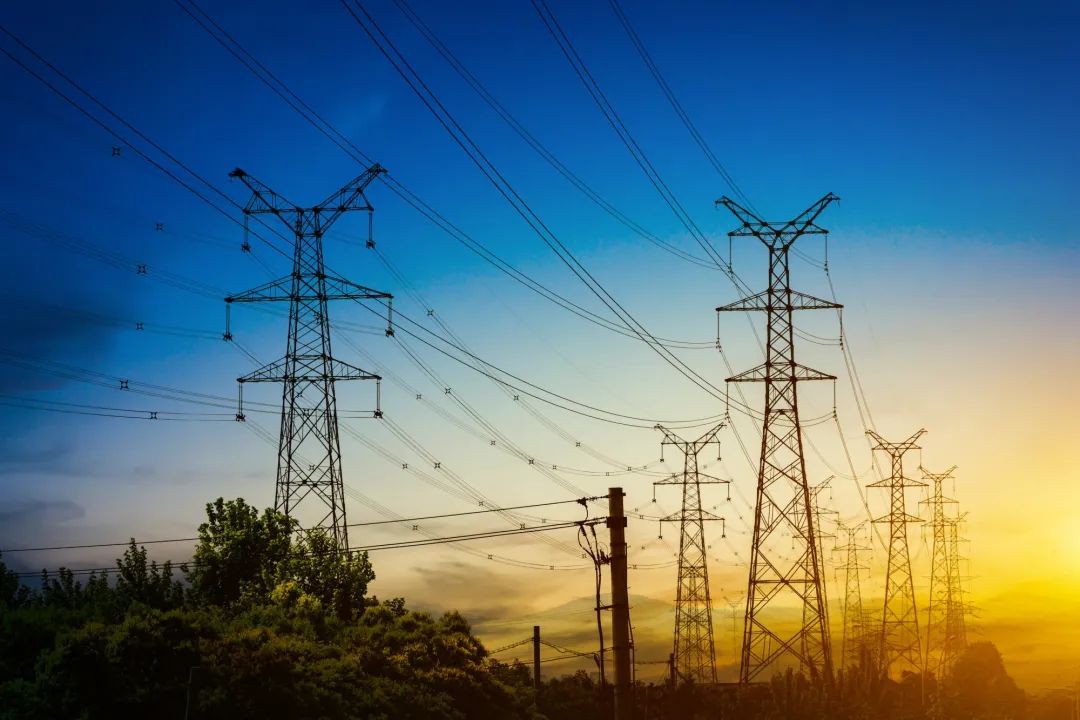
Electricity costs reduced by 25% as Thailand works to boost data center industry
Thailand plans to slash electricity costs by more than 25 percent over the next year to become a hub for data centers and artificial intelligence infrastructure, according to Thaksin Shinawatra, de facto leader of the ruling Thai Party.
Speaking at a forum on the 50th anniversary of the founding of MFC Asset Management on Friday, Thaksin said the government, led by his daughter Betongdan Shinawatra, plans to cut the price of electricity to about 2.70 baht per unit from the current 4.15 baht per unit, according to the Bangkok Post.
He did not elaborate on how the government would cut electricity prices currently subsidized by state-owned utilities. Thailand's energy regulators say they have very limited room to maneuver because a portion of the tariffs must be set aside to compensate the Electricity Generating Authority of Thailand (Egat), the state-owned Petroleum of Thailand (PTT) and gas transporters to help subsidize costs.
Thailand's Energy Regulatory Commission has been seeking public comments on three possible tariff scenarios for the May-August period. They propose rates ranging from 4.15 baht to 5.16 baht per unit, depending on the amount set aside to compensate the Electricity Generating Authority of Thailand and other companies.
Thailand has secured billions of dollars in investment commitments from tech giants such as Amazon, Google, TikTok and Alibaba to build large-scale data centers and cloud service projects. Thaksin said success in building on this depends on Thailand's ability to provide clean, affordable energy. “We want to be competitive in data centers and artificial intelligence,” Thaksin said, adding that he has been talking to many people who want to invest in Thailand in these areas.
“Therefore, we need more less expensive green energy.” Although Thaksin holds no official position in his daughter's government, the two-time prime minister and legend of Thai politics is still widely regarded as the architect of this administration's major policy initiatives. Thaksin further said that Thailand's ability to reduce the cost of electricity to 0.7 to 2.1 baht per unit, a level considered desirable by some investors, is limited due to the country's reliance on fossil fuel and natural gas imports to generate electricity.
Nonetheless, he said it was possible to gradually reduce the rate to 2.50 baht. Thaksin said his dream is to transform an area of Bangkok to house data centers from around the world and then build an artificial intelligence center.
Following the return of the civilian government to power in 2023, which ended a decade-long military-backed rule, foreign firms have stepped up investment in electric vehicles, high-end electronics manufacturing and diversified technology services. Investment commitments by domestic and foreign firms totaled 1.14 trillion baht last year, a 10-year high.




